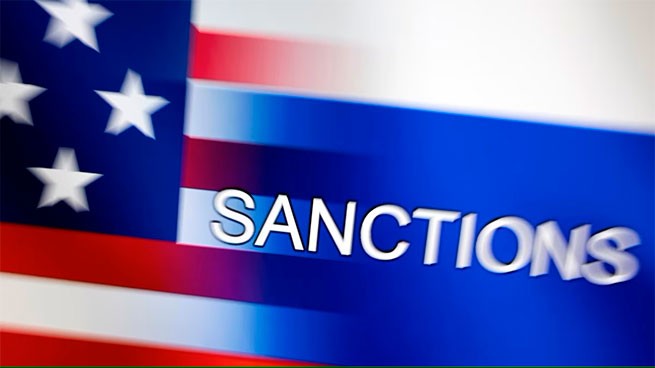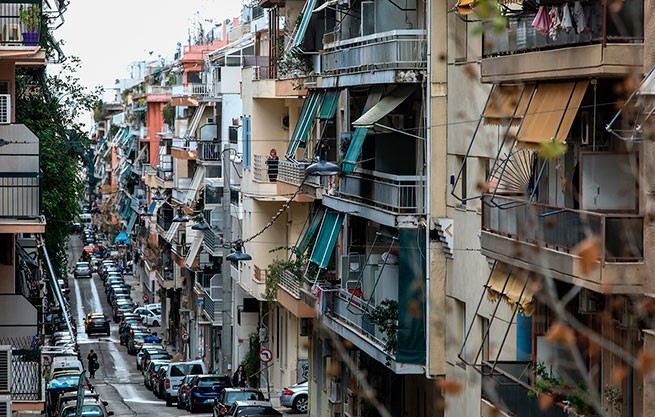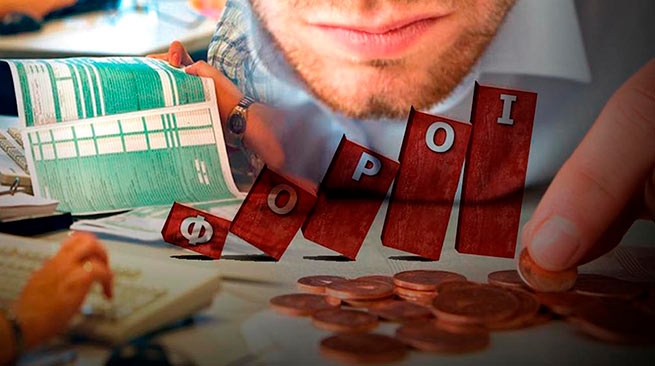With overtaxing citizens through VAT (24% on everything we buy) and fuel tax (which is consistently the most expensive in Europe), the government is talking about a surplus of 0.1% at a time when the country is once again going through controlled bankruptcy. as its debt is over 400 billion euros.
So ELSTAT and Eurostat announced a primary surplus in 0.1% GDP or €273 million in monetary terms for 2022, according to the first release of the data, while the forecast assumed a primary deficit of 1.6% based on the budget for 2023. So they try to present it during the elections as some great economic success of the government.
But this surplus was formed not as a result of some “magic” step of the government, but as a result of “killer” inflation, which has been mercilessly hitting the pockets of the Greeks for the second year, so that they are afraid even to go to the supermarket.
With 24% VAT on each product and constant inflation driving up prices, what happens? Huge income for the state.
In conditions where fuel prices are constantly in the region of 2 euros (with a tendency to exceed this mark again), while two years ago they were 1.3-1.6 euros, and the special tax on fuel is 60% of the total price of the product what is the result? Also huge revenues for the state. This is how the government’s surplus came about. Citizens have achieved this by paying very dearly for their right… to exist and work. What does this surplus mean now? Almost nothing.
0.1% comes from the taxes of the Greeks in the country, which owes more than 400 billion euros and survives thanks to the ECB still not asking for the money back. Against, over the past 4 years, 50 billion euros have been borrowed! In the new crisis that the Greek people and their economy will experience, how will they cope?
Greece is a country with a weak industrial base, with unsustainable foreign exchange debt, which means that at the first breath of a breeze in the international economic arena, this country will fall ill with pneumonia. Because she has practically no financial reserve. Now the country has only services and the public sector.
There is a political direction that considered tourism as the country’s heavy industry, and construction as the engine of the economy. But loans for new apartments stopped, and construction again went into the corral.
Previously, Greece was self-sufficient in sugar production. That is, we produced it from beets. We had five factories, and the Greek sugar industry had subsidiaries in Serbia and other countries. Gradually EU introduced quotas, sugar factories closed because the price of sugar depended on the supply of raw materials, and as a result, we began to import sugar from France.
We were also self-sufficient in grains, but gradually the EU abolished the tariff protection of products, and as a result, the Greek producer was forced to compete with foreigners.
The open border policy imposed by the EU benefits countries like Germany, which imports agricultural products from Turkey but exports its own industrial products.
Conversely, countries like Greece are losing out. Because it has virtually no competitive value-added technology products that could be exported to make up for cheap imports. These are not only agricultural products, but also textiles, cotton, etc., which are also now supplied from Pakistan and Turkey. In short, we have practically no production base, and we are talking about … the development of the economy.
The Greek state must subsidize Greek products through VAT. Export of Greek products is not subject to VAT. A regulation could be passed requiring businesses that buy Greek products and supplies to do so at a reduced VAT rate, as if they were exporting.
The government’s first action was to be to reduce the VAT and fuel tax so as not to cause an inflationary race. Because the cost of fuel is then passed on to food and transport. 60% of the price of fuel is taxes, as we have already said. Instead, the government chose to hand out benefits! Instead of preventing inflation from rising, it chose to subsidize it. But it turned out that inflation is beneficial… So the government achieved a surplus, but… at the same time, it bankrupted citizens who cannot live on wages.
On Monday, Former Vice Speaker of Parliament and economist Dimitris Kamenos will be on Black Monday and speak with Tasos Gouriotis, where he will analyze the extent of the economic disaster in Greece today.
Stay tuned to know what is really going on in Greece.







More Stories
"High prices go through their cycle and, like the flu, they pass."- claims the fatalistic Greek Finance Ministry
Life after death: it is quite real
Cherkassy University Lecturer Fired Over Her Daughter's Criticism of the OCU